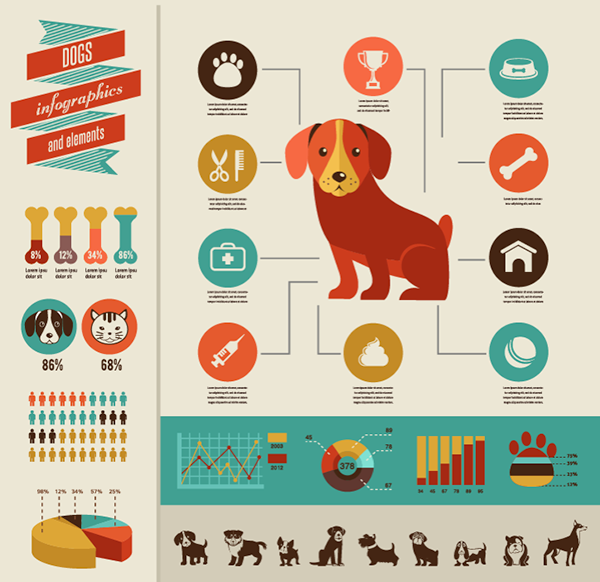Pet dogs in day care receive great deals of workout, socialization with other dogs and one-of-a-kind experiences. This can be specifically valuable for puppies and pets with behavior issues.
There are numerous legal considerations you need to take into consideration when beginning a dog childcare business. These include the structure of your company and conformity with federal government laws.
1. Pooch Distemper
Canine distemper is spread through direct contact with the bodily fluids and waste of an infected pet dog, yet it can additionally be sent using shared water and food bowls or through airborne droplets. This highly contagious disease is most hazardous for pups, yet it can influence pets of any kind of age and is deadly for most if left untreated.
Initial symptoms of canine distemper typically simulate a cold, consisting of drippy eyes and nose with watery or pus-like discharge. As the illness advances, a canine will establish fever, coughing, decreased appetite, vomiting and diarrhea. The virus can also attack the nerves, causing seizures, shivering and partial or full paralysis.
Trustworthy childcares lower direct exposure to infection by calling for inoculations, regular health examinations and adhere to rigorous hygiene procedures. If your pup appears extremely worn out or limping, a day of rest may help him recover, but you should stay clear of taking him back to childcare till these signs clean up.
2. Kennel Cough
Kennel cough, also known as transmittable canine tracheobronchitis or Bordetella, is an extremely infectious viral or bacterial disease that influences the respiratory system system. It's typically transferred via the exchange of saliva or air beads that an ill dog breathes out. Social pet dogs are at higher threat for infection because of their regular interaction with one another, such as when they play, share food or water, smell each other or simply meet in a crowded setting like a pet dog park or day care.
The most usual sign of kennel cough is a relentless and powerful cough that sounds like something embeded the throat or retching. Commonly, canines will divulge foamy white phlegm. If left without treatment, a canine can develop pneumonia and go to severe risk permanently.
A trustworthy childcare facility should have rigorous cleaning and sanitation methods, sterilize all toys, food and water bowls consistently, and be open concerning their vaccination plans. Maintaining your canine up to day on their vaccinations, specifically for bordetella and canine flu, will significantly reduce their opportunities of acquiring the illness.
3. Parvovirus
Canine parvovirus, or parvo, is a very contagious viral ailment that can be dangerous for puppies and young person canines with inadequate immune systems. It's most commonly spread out by direct contact with infected pet dog feces-- which can happen when pet dogs sniff, lick, or preference infected feces-- and indirectly from polluted people, things, or atmospheres (like kennels, brushing spaces and lawns). Pups and canines without full vaccination backgrounds are especially at risk to parvo.
The virus is extremely durable, surviving in the atmosphere for up to 9 years, and can easily be moved between pet dogs by contact with feces or on shoes, apparel, and bedding infected with parvovirus. If not dealt with instantly with IV liquids, electrolyte equilibrium, vomiting control medicines and antibiotics to avoid second bacterial infections, a pet dog will swiftly dehydrate and create serious looseness of the bowels, which results in shock and blood poisoning. Parvo is challenging to heal once a pet dog has ended up being ill, but with proper vet care, lots of puppies do endure this illness.
4. Canine Flu
Canine influenza infection is extremely transmittable and spreads through direct call, sharing food and water bowls, licking or nuzzling other pet dogs, through airborne beads, and via polluted surface areas. Vaccination is effective in minimizing the threat of infection and break outs.
The majority of affected pet dogs create a mild breathing infection with a cough that lasts 1-3 weeks. They might also have nasal and eye discharge, sneezing, and lethargy. A board and train dog training few of the most significant situations cause pneumonia and a high fever.
If your pet dog exhibits any one of these signs and symptoms, do not bring them back to day care till they are healthy. If your pet dog is showing indications of severe fatigue or hopping, speak with your veterinarian right now and ensure they get on health supplements to help develop their resistance. A veterinarian will certainly assess your pet for signs of the influenza by taking a sample from the nose or throat, and blood examinations can be done to confirm.
